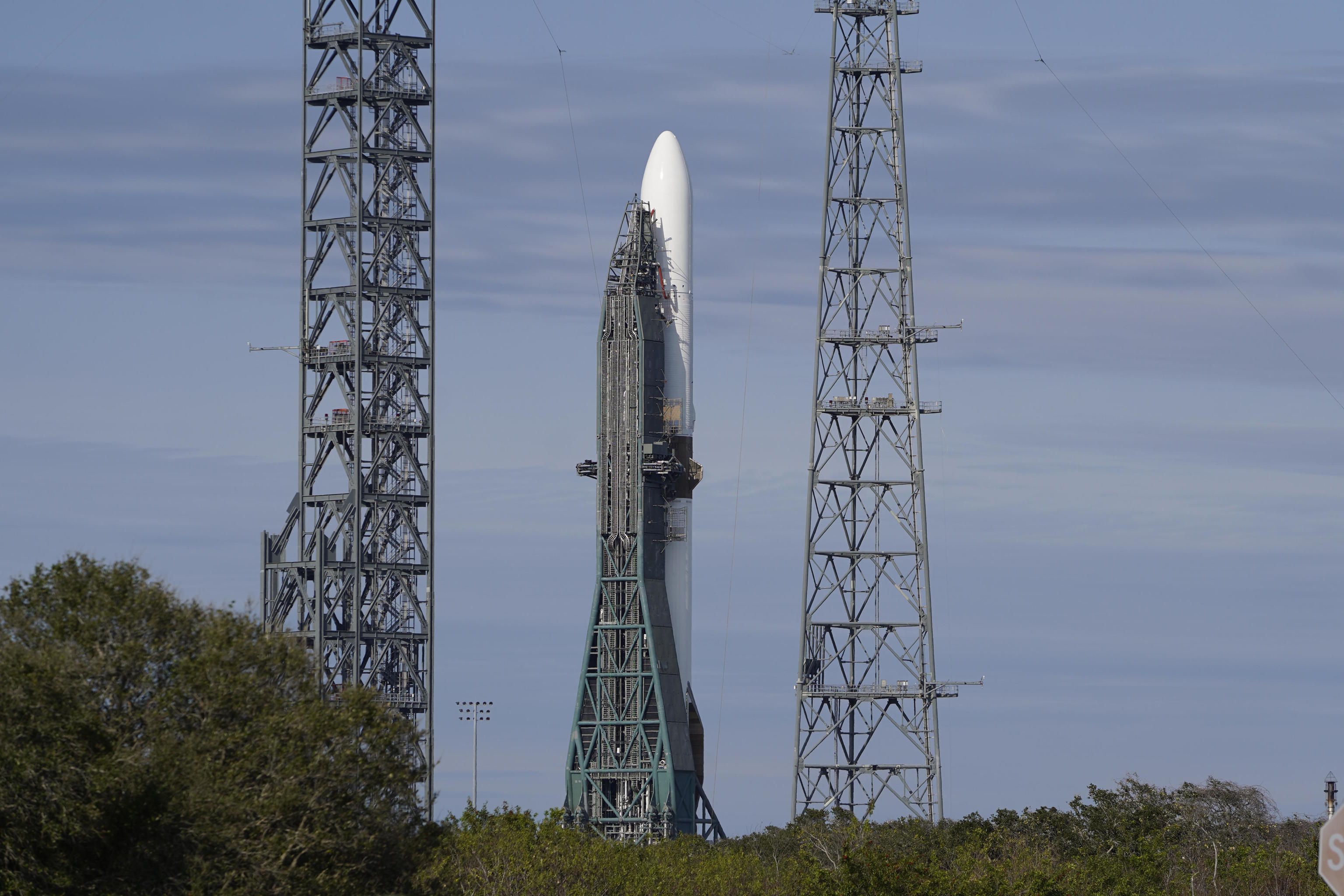The New Glenn rocket, located at Launch Complex 36 at Cape Canaveral, was unable to carry out its first test flight from Cape Canaveral on Monday due to a technical issue, disappointing many who had gathered to witness the space launch.
The space vehicle, measuring 98 meters in height and seven meters in diameter, is the largest developed by the American magnate's company. Bezos plans to compete directly with SpaceX's rockets, the company owned by his rival Elon Musk, with the New Glenn rocket, named in honor of John Glenn, the first NASA astronaut to orbit the Earth.
Both Blue Origin and its director, Dave Limp, have emphasized that the main priority for today's test is for the rocket to safely reach space and orbit, with the secondary goal of recovering the launcher's first stage after takeoff. The rough sea conditions in recent days prevented the test flight.
Similar to SpaceX's Falcon 9 and Starship, the New Glenn has been designed with a reusable first stage, a feature that is helping to reduce the traditionally high cost of space launches.
Blue Origin had set the goal of launching before the end of 2024, but they had to wait until January to place the rocket on the launch pad. Previously, Blue Origin's launches had used a much smaller suborbital rocket, the New Shepard, which is also partially reusable and has conducted around twenty flights with tourists experiencing weightlessness for a few minutes.
Also scheduled for Monday was the seventh test of SpaceX's Starship, a 121-meter rocket, which has been postponed to the 15th. The test flights of this large rocket, the largest and most powerful in the world along with NASA's Space Launch System (SLS) for missions to the Moon, are conducted from SpaceX's facilities in Texas.
